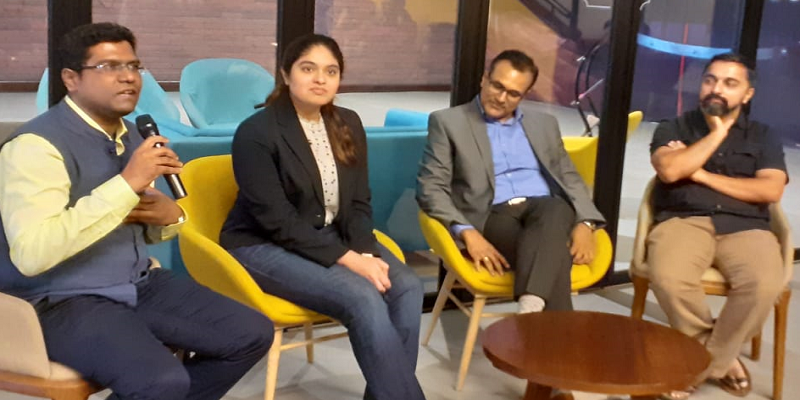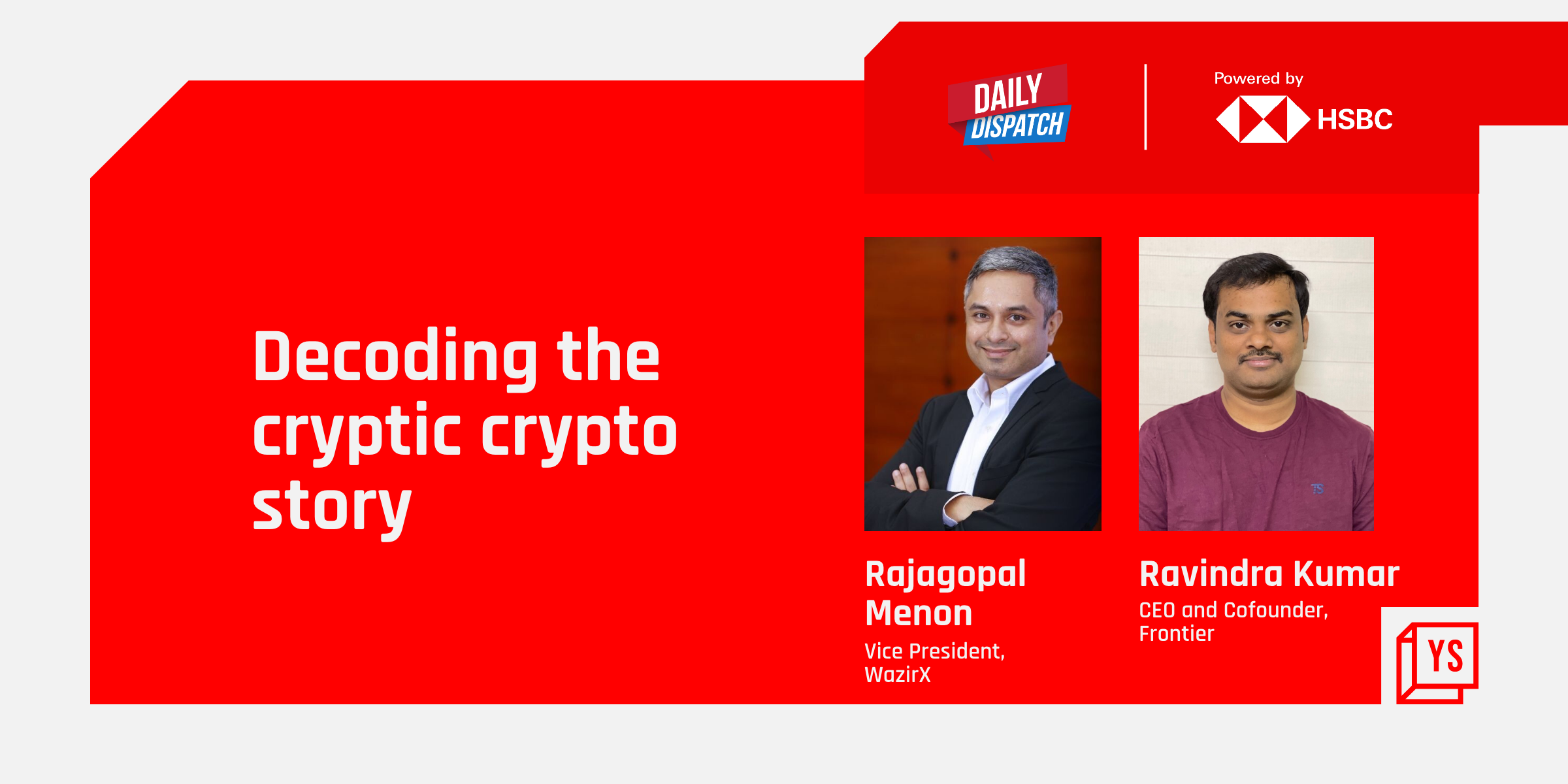YourStory’s ‘Funding Masterclass’ explains how to raise entrepreneurial funds
Chennai-based Pickyourtrail, the travel-tech startup that allows users to customise their international travel recently raised 21 crores in Series A funding led by Kumar Vembu, Co-founder of GoFrugal; Shyam Sekhar, Founder of iThought, and Girish Mathrubootham, Co-founder of Freshworks.

Hari Ganapathy, the Founder of Pickyourtrail, shared how they started the company and the pros and cons of raising funds at YourStory’s 'Funding Masterclass' programme which took place on Saturday, July 20, 2019, at 'The Hive' in Chennai.
Prior to the funding, Hari and his co-founder who kept the startup bootstrapped and had been re-investing their company profits for over five years, said, “We have built a sustainable business model in these 5 years. We have decided to raise funds because it is necessary to take the company to the next level. But prior to that, we have analysed our business model and the opportunities that lie ahead.” They decided to raise funds only when the travel industry was in an uncertain environment.
He added, “Scaling -up is tough regardless if you’re bootstrapped or funded. And if you are funded, you and your investors should share the same line of understanding. For this, future goals should be in place much in advance.”
For instance, while Pickyourtrail doesn’t concentrate on domestic travel, its investors could insist on them entering the domestic segment. Such problems can be avoided if goals are aligned in advance with them.
“If the average sales of an online jewellery company is Rs 25,000 per day, our bill value is on an average Rs 2.5 lakhs. We have been working on this for the past five years. We have focused on a number of things, including technology and product. We explained this to our investors. Investors should not merely look at your finances, they should talk to your customers, listen to their feedback and give their suggestions to scale-up,” said Hari.
He added, “Before funding, we ran the company with a few employees. From only 80 people last December, we now have 180 members in our team. We’re hoping to realise 100 crores revenue this fiscal year. Fundraising is important, but the actual success lies in how we use those funds.”
This was followed by a panel discussion on fundraising. The panellists included Sameer Achan of Evren Asset Advisors, Balram Nair of The Chennai Angels and Kavya Nair of Advay Capital Advisors. The discussion was moderated by Balachandar, Co-founder of Wassup.

Balachandar began by asking Balram, what he would expect from entrepreneurs as an angel investor. “The Chennai Angels expect three things,” answered Balram. “The first, is the attitude of the entrepreneur. The nature of the entrepreneur is more important than discussing opportunities in the industry. He or she should be passionate about running his business. The second is their product or service. And finally, the scalability of the product in the market. Based on these parameters, investments are made.”
Kavya was asked which index she would invest in. She answered, "There is no general code for this, but we look at what sector the company works in, its quality and its technology. However, the revenue or income the company makes is key. If there is no profit, we will analyse how long they will take to make profits.”
When asked what percentage of shares founders can withdraw during funding, Sameer responded, “Founders should not withdraw an excessive percentage while raising funds for the first time. There are two problems involved. When the founder gives away a large percentage of shares in the first round of funding itself, the fundraising becomes complicated the next time. Even if he is able to raise funds, the shareholders of the founders will further decline. At one point, the founders would lose their share of the company. Eventually, it will lead to a stage where they lose interest in the company.”
On the importance of mentors from the industry, Sameer added that unlike before, many successful people are ready to give advice to entrepreneurs.
Post the discussion, the panellists took questions from entrepreneurs in the audience.
Fundraising is an important step for young and first-generation entrepreneurs to take their business to the next level. They can find the right investors only if they get the right guidance and understanding. The 'Funding Masterclass' jointly organised by YourStory and Tamil Nadu EDI will be further extended to other cities in Tamil Nadu.











